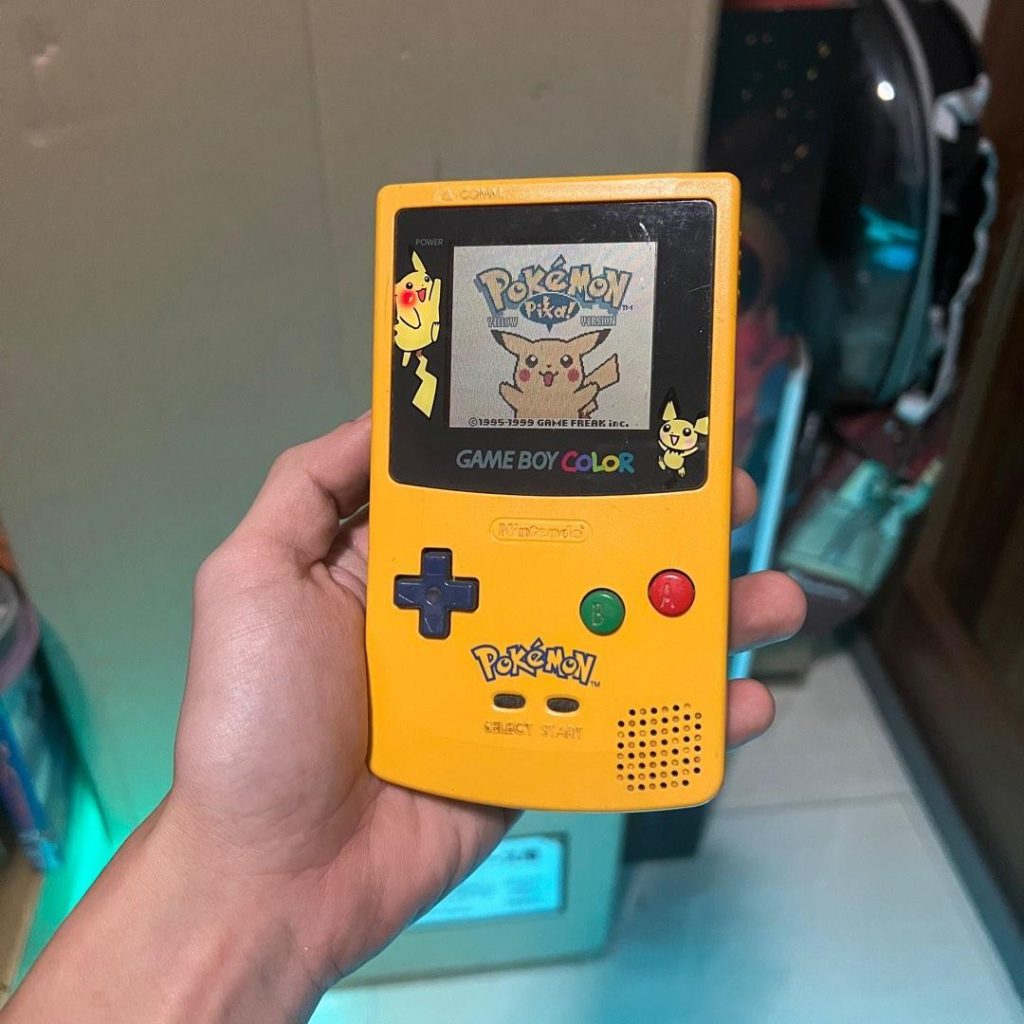
Google’s AI Panics While Playing Pokémon, Takes Over a Month to Finish Game
In a peculiar incident, Google’s AI chatbot, Gemini 2.5, was seen panicking while playing the popular game, Pokémon. The AI, developed by independent developer Joel Zhang, was designed to play the game by itself, but it took an astonishing 800+ hours (over a month) to finish the game. This incident has raised questions about the limitations and quirks of artificial intelligence.
The story began when Joel Zhang, an independent developer, decided to test the limits of Google’s AI chatbot, Gemini 2.5, by programming it to play Pokémon. Zhang had previously worked with Google on several AI projects and was keen to see how well the chatbot would perform on this task.
Initially, the AI performed reasonably well, navigating the game’s menus and battling Pokémon with ease. However, as the game progressed, the AI began to exhibit unusual behavior. It started to panic and make irrational decisions, often resulting in the loss of precious Pokémon and valuable items.
One of the primary challenges the AI faced was analyzing and using the raw pixels of the Game Boy screen directly. This was because the Game Boy’s graphics are not easily readable by modern computers, which rely on more complex graphics processing units. The AI struggled to decipher the pixel data, leading to mistakes and poor decision-making.
Moreover, the AI was seen ignoring common sense in some situations. For instance, when faced with a decision to heal a Pokémon or attack an enemy, the AI would often choose the latter, even if it meant risking the Pokémon’s health. This lack of common sense was evident throughout the game, leading to frustrating and humorous moments.
Despite its struggles, the AI persevered, taking over 800 hours to finally complete the game. This is a staggering amount of time, equivalent to over a month of continuous gameplay. The experience was likely a grueling one for the AI, which was designed to learn and adapt quickly, not to spend hours making the same mistakes.
The incident has sparked debate among AI researchers and enthusiasts about the limitations of artificial intelligence. While AI has made tremendous progress in recent years, it is still far from achieving the level of intelligence and common sense exhibited by humans.
“This incident highlights the importance of understanding the limitations of AI,” said Dr. Rachel Kleinberg, a leading AI researcher. “AI is designed to perform specific tasks, but it is not yet capable of thinking like a human. We need to acknowledge these limitations and work towards developing more sophisticated AI systems that can learn and adapt in complex environments.”
The incident also raises questions about the role of humans in AI development. While AI can perform many tasks autonomously, it often requires human intervention and guidance to achieve optimal results. This highlights the importance of human-AI collaboration and the need for developers to work closely with AI systems to ensure they are functioning as intended.
In conclusion, Google’s AI chatbot, Gemini 2.5, was seen panicking while playing Pokémon, taking over a month to finish the game. The incident highlights the limitations and quirks of artificial intelligence, emphasizing the importance of understanding AI’s limitations and developing more sophisticated AI systems that can learn and adapt in complex environments. It also underscores the need for human-AI collaboration and guidance to achieve optimal results.






